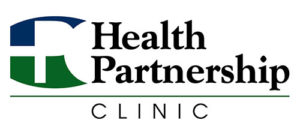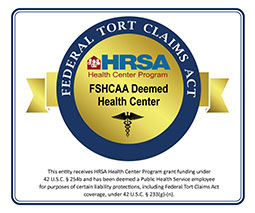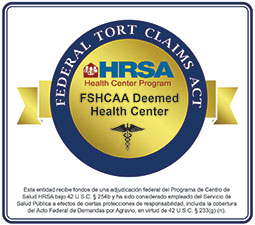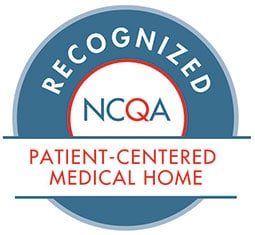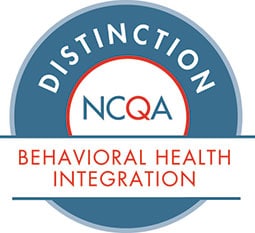Know the Warning Signs of Oral Cancer
 Post written by Debra Trybom, RDH, ECP II
Post written by Debra Trybom, RDH, ECP II
Health Partnership Clinic
April is National Oral Cancer Awareness Month. Approximately 110,000 people are diagnosed with oral, head and neck cancer every year in the United States. These cancers can occur in the tongue, throat, larynx, nasal cavities, sinuses, lips, mouth, thyroid and salivary glands. Sixty-six percent of the time, these cancers will be found as late as a stage three or four disease, making them harder to treat.
Early detection is key which is why the staff at HPC is taking the time to raise awareness about oral cancers. The dentists and hygienists will review your health history and perform screenings during your dental exam and cleanings to identify any abnormalities of the mouth, head and neck. This is another reason why routine dental care is so important!
Do you know the warning signs of Oral or Head and Neck cancer?
Some of the symptoms you may notice are:
- A red or white patch that develops in your mouth that is sore and does not heal or go away.
- A persistent sore throat.
- Persistent hoarseness of your voice.
- Persistent ear pain.
- A lump in your mouth or neck that does not go away; may feel rough or thick.
- Frequent nosebleeds or bleeding in your mouth.
- Numbness in the cheek or facial swelling/pain that doesn’t go away.
- Difficulty swallowing, speaking or chewing.
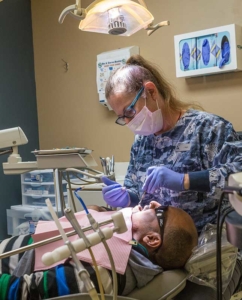 What are the risk factors?
What are the risk factors?
- Smoking and other tobacco products.
- Alcohol consumption.
- Environmental exposure such as working with dust, glues, formaldehyde, mustard gas, some metals and radium.
- Human Papillomavirus (HPV) has been attributed to over 10,000 new cases per year in the United States. Young, non-smokers are the fastest growing population of oral cancer patients due to the HPV virus.
Even if you do not meet all the risk factors, it is important to be screened. If treatment occurs in the early stages, patients have very little disfigurement or functional deficit. Treatment typically includes surgery and radiation therapy. Chemotherapy is sometimes recommended for patients with advanced disease. The next time you visit your doctor or dentist please speak with them about performing an oral cancer screening!
